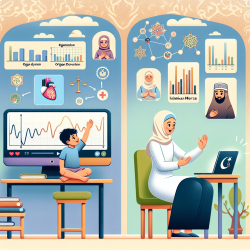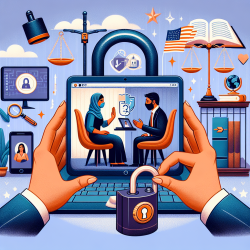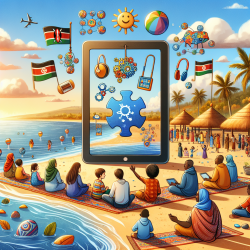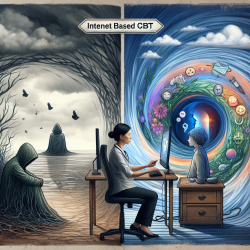Introduction: The Promise of Mindfulness for Adolescents
Mindfulness-based interventions (MBIs) have been gaining traction as effective tools for enhancing the well-being of adolescents, particularly those with chronic illnesses. Traditionally, these interventions have been delivered in person, posing accessibility challenges for some youth. The study titled Can the Mindful Awareness and Resilience Skills for Adolescents (MARS-A) Program Be Provided Online? Voices from the Youth explores the feasibility of delivering the MARS-A program via eHealth, offering insights into how online platforms can expand access to these beneficial practices.
Key Findings: The Impact of eHealth Delivery
The study conducted a mixed-methods trial with adolescents aged 13 to 18, focusing on those with chronic illnesses. Participants were divided into two groups: one received the MARS-A program in person, and the other participated online. Through post-participation interviews, several themes emerged that highlight the potential of eHealth delivery:
- Creation of a Safe Space: Both in-person and online participants reported feeling a sense of safety and acceptance, crucial for open sharing and learning.
- Fostering Peer Support and Connection: Despite the virtual setting, participants experienced meaningful connections and support from peers facing similar challenges.
- Integration of Mindfulness Skills: Participants successfully applied mindfulness techniques in their daily lives, indicating effective skill transmission.
- Improved Well-Being: Reports of reduced anxiety, better sleep, and enhanced coping skills were common among participants.
Implications for Practitioners
For practitioners in speech-language pathology and related fields, these findings offer valuable insights into the potential of online platforms for delivering therapeutic interventions. Here are some practical takeaways:
- Consider eHealth as a Viable Option: The study suggests that eHealth can effectively deliver MBIs, making it a promising option for reaching adolescents who cannot access in-person programs.
- Focus on Creating a Safe Virtual Environment: Ensure that online sessions foster a sense of safety and acceptance, which is crucial for participant engagement and success.
- Encourage Peer Interaction: Facilitate opportunities for participants to connect and support each other, enhancing the therapeutic experience.
- Promote Skill Integration: Encourage participants to apply mindfulness practices in their daily routines to maximize benefits.
Conclusion: A Call to Action
The research underscores the feasibility and benefits of delivering MBIs through eHealth, paving the way for increased accessibility and impact. Practitioners are encouraged to explore and integrate these findings into their practice, potentially transforming the therapeutic landscape for adolescents with chronic illnesses.
To delve deeper into the original research and its comprehensive findings, please follow this link: Can the Mindful Awareness and Resilience Skills for Adolescents (MARS-A) Program Be Provided Online? Voices from the Youth.










